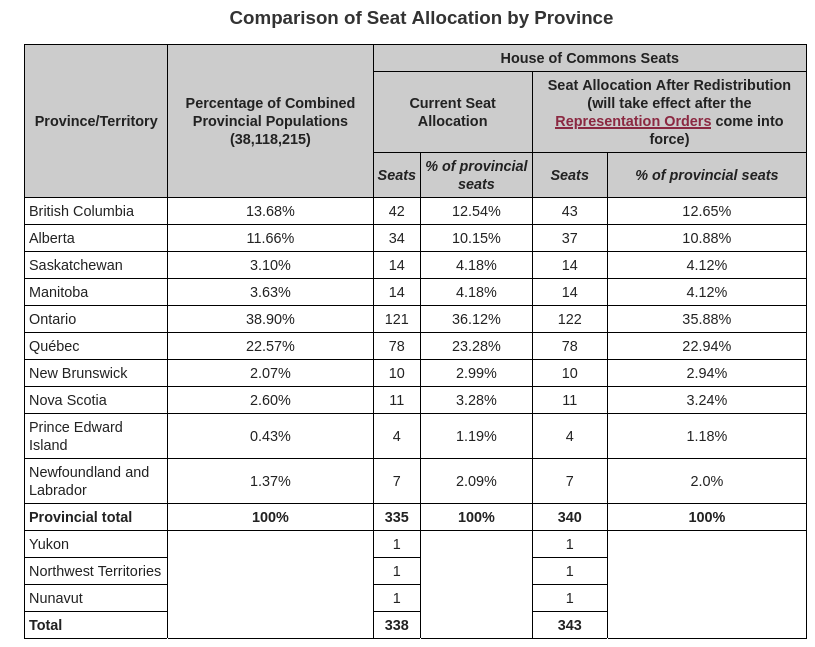Unless there is a x86 to ARM translation layer on Linux that I’m not aware of?
https://steamdb.info/app/3043620/
It appears Valve is working on Proton for arm64, I was wondering if this is to attend the mobile market, a new Index or maybe a smaller Steam Deck.

I use Calibre to organize my e-books, it is great. Mobi was giving me the best result when I converted from epub, the other Amazon format my Kindle supports is azw3.
Sadly, I lost half of the last words per line converting from DRM-free books I got from humble bundle, and figuring out the proper settings was taking too long.
When I learned about KOReader I never looked back, it allows me to sync with Calibre through Wi-Fi and accepts way more book formats. I have been using Kindle more since I installed it.
The problem is that the process to get it running on Kindle is not that straightforward.